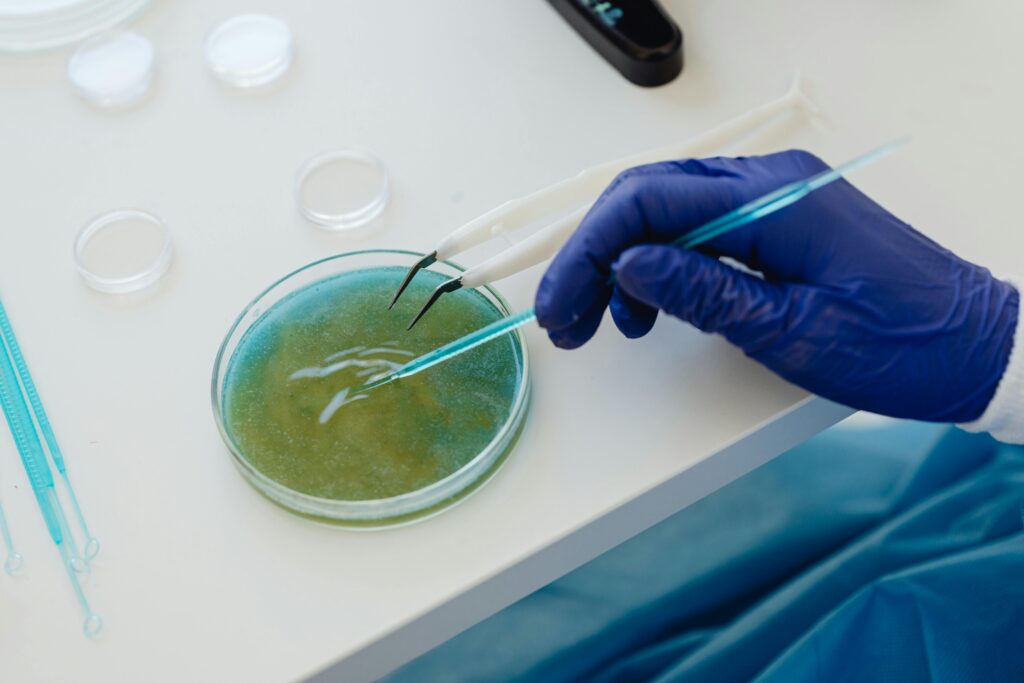
Having a pool in your backyard is a dream come true, but it comes with the responsibility of maintaining crystal-clear, inviting water. That’s where pool chemistry comes in! It might sound intimidating, but with a basic understanding, you can keep your pool safe and enjoyable for everyone.
contact for best pool cleaning services in united Arab emirates
The Balancing Act: Key Players in Pool Chemistry
Think of your pool water as a delicate ecosystem. There are three main factors that influence this balance:
- pH Level: The foundation of pool chemistry, pH measures how acidic or alkaline your water is. Ideally, you want a pH between 7.4-7.6, similar to neutral. This range ensures chlorine works effectively and swimmers stay comfortable.
- Alkalinity: Imagine alkalinity as a buffer for your pH. It helps prevent rapid changes that can disrupt chlorine function.
- Calcium Hardness: This refers to the amount of calcium dissolved in your water. Maintaining proper levels prevents cloudy water, etching on pool surfaces, and damage to equipment.
Taking Charge: Maintaining Your Pool’s Balance
Now that you know the key players, here’s how to maintain them:
- Testing Regularly: Purchase a pool test kit or use test strips to check your pH, alkalinity, and calcium hardness at least weekly, especially during heavy swimming use or hot weather.
- Adjusting the Levels: Based on your test results, you may need to add specific chemicals to bring each factor into its ideal range. Pool stores offer a variety of products for raising or lowering pH, alkalinity, and calcium hardness.
Beyond the Basics: Other Important Factors
- Chlorine: The most common sanitizer, chlorine kills bacteria and algae. You can use chlorine tablets, granules, or liquid chlorine to maintain the proper level (1-3 ppm). Keep in mind that cyanuric acid, often found in stabilized chlorine products, can affect chlorine’s effectiveness if it gets too high.
- Shock Treatment: Occasionally, you’ll need to shock your pool with a high dose of chlorine to eliminate built-up contaminants like bather waste and suntan lotion.
Remember: Safety first! Always follow the instructions on pool chemicals carefully, and wear gloves and eye protection when handling them.
Conclusion: A Sparkling Reward
By understanding these essential elements of pool chemistry, you can take control of your pool’s health. With regular testing, adjustments, and proper sanitation, you’ll be rewarded with a sparkling oasis for friends and family to enjoy all season long.
